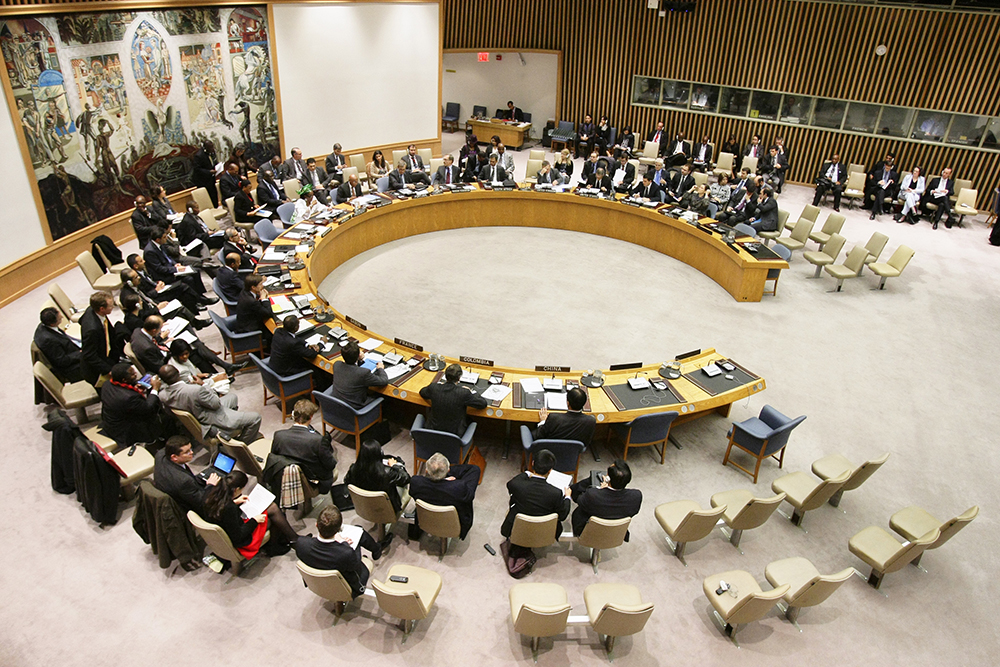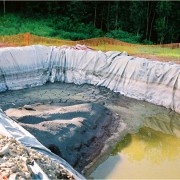Time Is Running Out To Slow Climate Change, Report Finds
 A new IEA study reveals the costly consequences of increasing current energy consumption patterns and calls for swifter policy action.
A new IEA study reveals the costly consequences of increasing current energy consumption patterns and calls for swifter policy action.
The window is closing on the chance to avert the most damaging impacts of climate change, but cost-effective solutions exist to make the needed changes, the International Energy Agency (IEA) warns.
The findings are part of the IEA’s World Energy Outlook report, an annual publication of the 28-nation intergovernmental organization that was released Tuesday.
“World leaders gathering in Copenhagen next month for the UN Climate summit have a historic opportunity to avert the worst effects of climate change,” said Nobuo Tanaka, the IEA’s executive director. “The World Energy Outlook 2009 seeks to add momentum to their negotiations at this crucial stage by detailing the practical steps needed for a sustainable energy future as part of a global climate deal.”
If current trends in energy use continue, the world’s temperature will rise up to six degrees centigrade, according to the report. The warming would pose serious and costly threats to global energy security.
While it’s predicted that the global economic crisis sharply reduced the world’s energy use this year, consumption is expected to resume its upward trend once economies stabilize if government policies don’t change.
“Saving the planet cannot wait,” the report reads. “For every year that passes, the window for action on emissions over a given period becomes narrower—and the costs of transforming the energy sector increase.”
Each year of delay will add about $500 billion to the global cost of retooling the world’s energy sector and recalibrating its energy use to hold climate change in check, according to the report.
One cost-effective solutions that avoids severe climate change and enhances energy security include is decreasing the world’s dependence on fossil fuels, the report argues.
Boosting energy efficiency is identified as essential to cutting emissions. Methods include energy-efficiency investments in buildings, industry and transport; cutting coal-based power generation in half; and increasing the use of nuclear power and renewable energy. Improving fuel economy by expanding biofuels and promoting new vehicle technologies like hybrid and electric vehicles would also significantly reduce oil demand.
Read More: International Energy Agency, World Energy Outlook, WEA 2009 Executive Summary (PDF)









Leave a Reply
Want to join the discussion?Feel free to contribute!